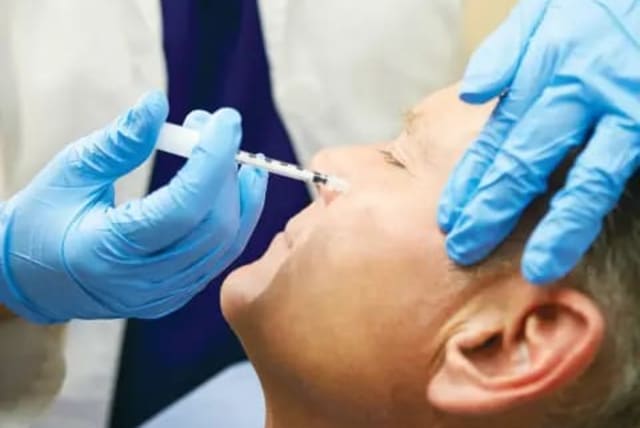Harvard scientists claim to discover chemical cocktail that slows aging

After years of research, Harvard researchers uncovered chemical cocktails to slow aging, paving the way for a "fountain of youth."
Researchers from Harvard University have made an astounding breakthrough by uncovering a chemical cocktail that could potentially slow down the aging process.
This remarkable finding has been hailed as a significant step towards discovering the elusive "fountain of youth."
Prof. David Sinclair, a genetics expert and key contributor to the study, took to Twitter to announce the publication of their findings in the July issue of the esteemed medical journal Aging.
How can a chemical cocktail slow down aging?
"We've previously shown age reversal is possible using gene therapy to turn on embryonic genes," Sinclair explained in a tweet, generating millions of impressions and captivating public attention. "Now we show it's possible with chemical cocktails, a step towards affordable whole-body rejuvenation."
Each cocktail consists of five to seven different chemicals, many of which have already proven effective in treating various physical and mental conditions.

Certain prescription drugs like valproic acid, tranylcypromine, and pramipexole, widely recognized for their effectiveness in combating seizures, depression, and Parkinson's disease, are among the ingredients incorporated into some of these cocktails.
Sinclair, a genetics professor and author of the book Lifespan: Why We Age – and Why We Don't Have To, further elaborated that he and his dedicated team at Harvard Medical School dedicated over three years to identifying these molecules that hold the potential to "turn back the clock" on cellular aging and rejuvenate human cells.
Through experiments conducted on mice and monkeys, the researchers successfully identified six chemical cocktails capable of "reversing" visible signs of aging within a mere week.
Sinclair elaborated, "Studies on the optic nerve, brain tissue, kidney, and muscle have shown promising results, with improved vision and extended lifespan in mice and, recently, in April of this year, improved vision in monkeys."
He also mentioned that his team is now preparing for clinical trials involving human subjects and added that other researchers are engaged in a similar race "to show chemicals can rejuvenate cells like gene therapy can."
